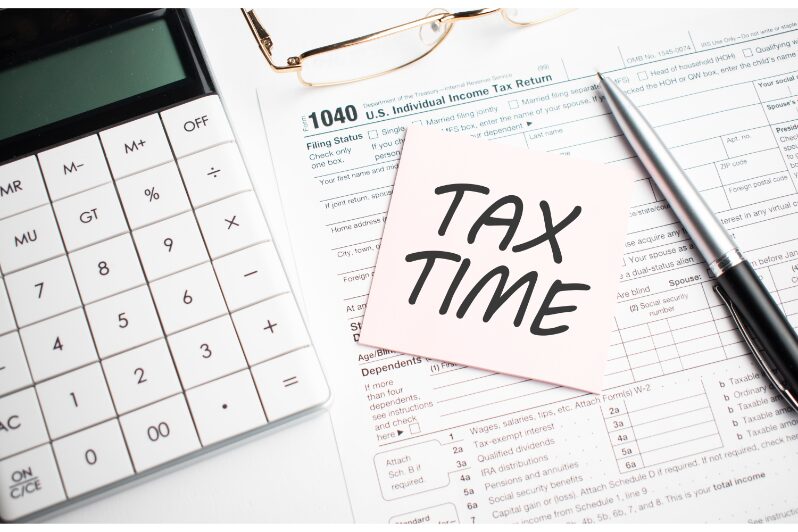The UAE corporate tax is coming into full effect commencing from June 1st, 2023; thus, businesses must start preparing for their tax obligation. Subsequently, businesses need to consult accredited UAE tax consultants to seamlessly prepare for corporate tax and to determine their tax period.
What is a Tax Period?
As per the UAE corporate tax, a tax period is a timeframe for which a business must report its taxable income and calculate its tax liability. In the UAE, a tax period is the calendar year that runs from January 1st to December 31st.
This means that businesses must prepare and file their tax returns for each tax period within 9 months from the end of the year.
For example, the tax return for the 2024 tax period is due by September 30, 2025.
If a business is established or deregistered during the respective year, it still has to comply with the tax requirements for the tax period in which it was active.
What is the Purpose of a Tax Period?
A tax period determines when a business must report its taxable income and calculate its tax liability. It also provides a timeframe for businesses to maintain accurate records of their financial transactions and prepare their tax returns.
Additionally, the tax period enables the Federal Tax Authority (FTA) to track and monitor the tax compliance of businesses and ensure that they meet their tax obligations timely.
Record-Keeping Requirements Under the UAE Corporate Tax Law
Under the UAE corporate tax law, businesses are required to maintain proper accounting records and supporting documents for five years from the end of the tax period to which they relate.
This means that businesses must keep accurate and up-to-date financial records, including sales invoices, purchase receipts, bank statements, and other relevant documents that show the income, expenses, and assets of the business.
Penalties and Audit-checks for Non-compliance as Per UAE Corporate Tax
As per the UAE corporate tax law, the Federal Tax Authority (FTA) has the mandate to carry out tax audits to verify the accuracy of a business’s tax returns and to verify if the activities of a business are reported for the tax period. The purpose of a tax audit is to ensure that businesses comply with tax laws and regulations and to identify any errors or discrepancies in their tax returns and financial records.
During a tax audit, the FTA may request access to a business’s accounting records, interview employees and directors, and inspect the business’s premises related to the documentation of the previous five years of corporate tax in the UAE. The FTA may also request additional information or documents to support the business’s tax returns.
If the FTA identifies any errors or discrepancies in the business’s tax returns or financial records during the audit, it may impose penalties and fines on the business. The number of penalties and fines depends on the nature and severity of non-compliance.
The Role of Tax Planning for a Tax Period
Compliance with the requirements of the tax period as per the UAE corporate tax is critical for businesses to avert penalties for noncompliance. In addition to maintaining accurate financial records and submitting tax returns on time, businesses are advised to take proactive measures to ensure compliance by engaging in tax planning related to the duration of the tax period through the help of accredited UAE tax consultants.
Tax planning involves developing strategies to minimize a business’s tax liability and comply with tax regulations and standards. Tax advisory services can assist businesses in identifying opportunities for tax savings and optimization, as well as in navigating tax complexities.
Further, tax planning assists taxable persons to stay up-to-date on changes to tax laws. UAE tax experts can provide businesses with the latest information on changes to the tax statute and help them adjust their tax planning strategies accordingly.
Conclusion
Conclusively, a tax period provides a timeframe for businesses to report their taxable income, calculate their tax liability, and maintain accurate financial records. Further, businesses must comply with the tax requirements for each tax period, including preparing and filing their tax returns on time and keeping accurate financial records, to which non-compliance accrues hefty fines.
Therefore, businesses need to consult accredited UAE tax consultants to seamlessly prepare for corporate tax and to determine their tax period.
Thus, contact us today and we shall be happy to assist you!
Read More: Will all the Branches of a Business Be Required to File for Business Tax in UAE?
